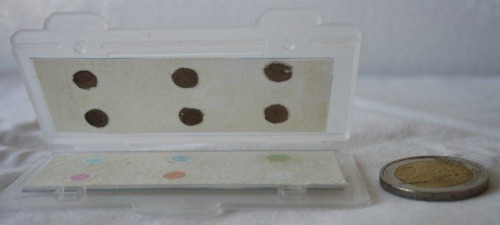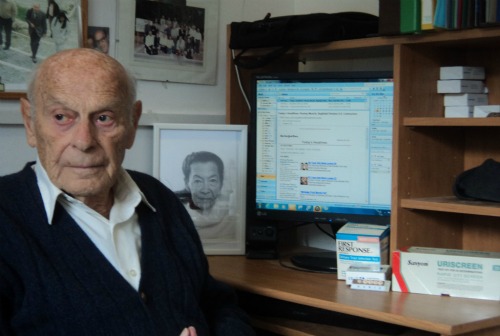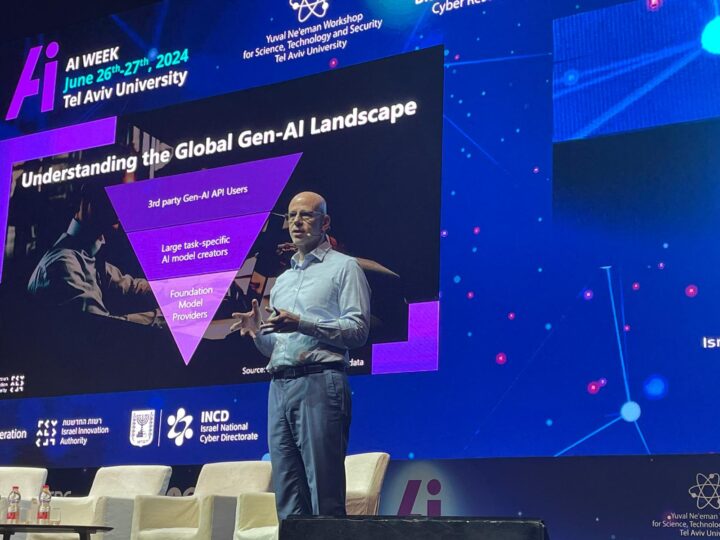
A new technology — developed by a 91-year-old scientist at the Hebrew University in Jerusalem — is putting Israel way out front in the worldwide fight against antibiotic-resistant bacteria.
It’s a well-established fact that hospital-borne infections are a top killer in the United States and Europe. Use as much antibacterial hand gel as you like, but no one is totally immune from “superbugs” spawned by the overuse or misuse of antibiotics. People with compromised immune systems, newborns and the elderly are especially easy prey for these microbes.
Prof. Emeritus Nathan Citri’s medical kit targets the problem of identifying various bugs fast enough to save lives and stop an outbreak. Currently, patients can wait as long as five days to get an evidence-based treatment, time during which the infection can spread like wildfire. The kit has all the material necessary to test for the presence of superbugs in a urine or blood sample, and almost immediately provides crucial guidelines on how to treat the infection at hand.
The university’s commercial arm, Yissum Research Development, has entered into a licensing agreement with the UK-based company BioConnections to market Citri’s kit.
Though many medical diagnostics devices can take years and moments of uncertainty before they come to light, BioConnections has already applied for the CE Mark, the European regulatory version of the US Food and Drug Administration’s stamp of approval. The kits could be ready in a few months, and then it’s only a matter of time before they become available in the US — where some eight million extra hospital stays cost the healthcare system an estimated $20 billion per year.
No more guesswork
BioConnections will develop the product as a means to immediately detect the presence of all multidrug resistant infections. The technology will also be able to identify extremely drug-resistant infections so that affected patients may be properly isolated and treatments determined within minutes rather than days.

Citri was the first Hebrew University scientist ever to file for a patent, in 1958 — years before Yissum was created to market and license the university’s technology. His latest invention, the bioassay, is based on the biology of beta-lactams, the most widely used group of antibiotics including such commonly known drugs such as penicillin and cephalosporin.
Arranged in an array format, the kits are modular, so can be built to order and made to test various antibiotics according to need.
What’s extremely novel about the diagnostic kit is that it also provides information on the type of antibiotic that might be useful against the infection, whether it’s in the lower respiratory tract, urinary tract, intestines or abdomen. Armed with information from this kit, doctors will be able to shave days off the decision-making process, and remove guesswork from the clinical setting.
The kits are made to produce a chemical reaction in the presence of beta-lactamases, an enzyme found in all multi-drug resistant bacteria. If the urine or blood contains a kind of bacteria known to destroy the antibiotics located on a certain part of the array, within minutes a warning color change will tell members of the medical team what they need to know.
“We are very excited with this new partnership, and are convinced that Prof. Citri’s invention will improve patient care, saving lives, shortening hospital stays and significantly reducing healthcare costs. The first kits are in the last stages of development, and we hope it will reach the market within months,” said Ken Denton, the CEO of BioConnections.
Yissum’s CEO Yaacov Michlin added: “Drug-resistant gut bacteria present the most alarming, imminent threat to our ability to control infectious diseases. In order to contain its spread, a case of multi-drug resistance should be promptly isolated and treated with the one or two last-resort drugs that may still work. This is an extremely important step in our fight against antibiotic resistance.”















